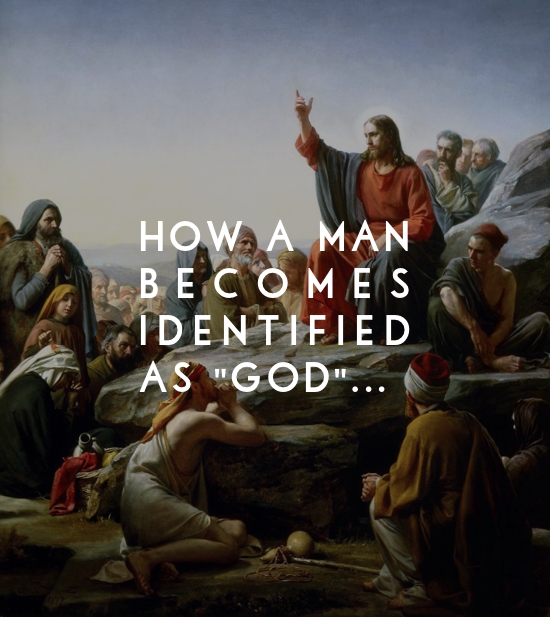God as a Judge or God as a Caregiver?
Naturally then, if you view God as being primarily loving and primarily caring, that vantage point will inherently impact the way you relate to the rest of the world.
You will see God as a parental figure in relation to yourself and the world, which will change the behavior and actions you expect from God. The same will be true if you view God as being primarily a judge of character and deeds. From that perspective, you will tend to understand and relate to God in a more legalistic way that is defined by harder and faster boundaries and stricter rules, because parents and judges intrinsically perform different roles. That’s not to say that judges cannot be parents and vice versa, but it does mean that people will conduct themselves differently and hold different expectations depending on the role that person is performing in relation to them, and perhaps it also means that there are certain ways of relating to God that are more helpful to us as humans than others.
This is why the vantage point from which we view God is so powerful.
Not only do inappropriate ways of relating to God toxify our own relationship with the Divine, but if God really is the multifaceted, complex, infinite being that we as Christians claim God is, then I have to believe that our insistence on relating to God in a cold, formal manner from a distance causes God grief as well.
A common cliché within the church is the saying that “Christianity should be a relationship [with God], not a religion,” but that doesn’t work unless we allow ourselves to relate to God in a manner that’s more consistent with a relationship than a religion, and that all starts with how we conceptualize who God is.
Understanding these ways in which we use metaphors and descriptors to think about God is necessary, because our own inner constructs of who God is affects everything else about the way we do faith, the way we live our lives, and the way we relate to other people, other people who are all also made in the image of God, the imago Dei. According to the sociological theory of symbolic-interactionism, which has heavily influenced the entirety of the subfield of sociolinguistics, language is the source of all meaning. We have no meaning without language, because we talk about things with language, we relate to each other with language, and we even think and conceptualize the smallest of things with language. The naturality and fluency with which all humans acquire and use language is arguably one of the starkest differences between us and the rest of Creation, and God is even described as The Word, otherwise known as language. This is why the words we use matter. This is why the meanings and roles we ascribe to God matter. Because they all carry nuance and connotations that influence the way we perceive them immediately, without even realizing it, and because God created just by speaking.
And I believe we can continue to create an ever expanding, more holistic relationship with God and an ever widening, more inclusive faith if we’re able to stretch ourselves and push ourselves to see bigger glimpses of who God really is, because of all the metaphors and all the descriptors used throughout the ages and throughout the pages of the Bible, there are few instances in which it is actually stated that God is something, and two of those include stating that God is love and that Jesus is not a high priest who is unable to sympathize with our weaknesses.
Written by Jonah Venegas
Jonah is a queer Asian Christian, poet, blogger, and seminarian with a background in linguistics, currently working on an M.A. in Clinical Marriage and Family Therapy. He hopes to work with LGBTQ+ individuals and their families in the future, and he likes to write about the intersections of spirituality, sexuality, mental health, how to change the world, and whatever anime happens to be occupying his head space at the moment. He loves a good cup of green jasmine tea, androgynous outfits, and dry humor. Jonah currently blogs over at www.jonah-ven.com. You could find him on Twitter, Facebook or Instagram.
[Until next time, hit me up on Facebook to follow along with future content of mine]












